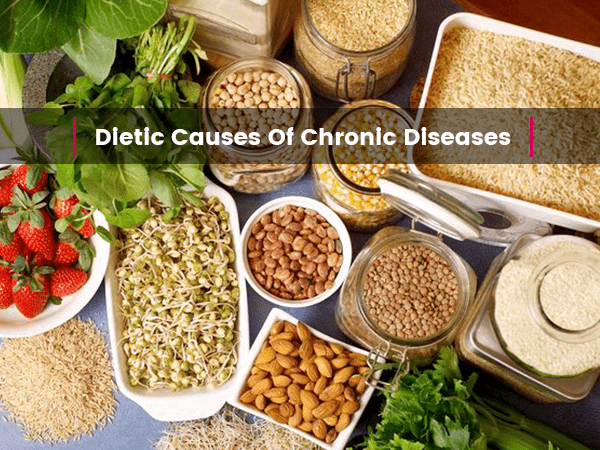
The cause of chronic diseases is the presence of acid producing proteins, fat and starch in our daily food. When the residual products of digestion fail to clear out of the body, disease sets in.
Protein : Protein of pulses contains sulphuric acid which are less useful as health promoters. Protein is also called caseine – the gluey substance increases mucus in the body. Excessive consumption of protein food – induces constipation and diseases.
Protein is an essential part of a healthy diet. It helps to build and repair muscle, organs, and bones. While there are potential benefits to a high-protein diet, like increased satiety and muscle retention, it’s important to be aware of the risks.
Indicators of High Protein in food:
a) Weight gain: High-protein diets may promise weight loss, but it may only be short term. Excess protein is usually stored as fat while the surplus of amino acids is excreted. This can lead to weight gain over time, especially if you consume too many calories while trying to increase your protein intake.
Link of study : High dietary protein intake is associated with an increased body weight and total death risk
https://www.clinicalnutritionjournal.com/article/S0261-5614(15)00091-6/fulltext
b) Eating large amounts of protein can lead to bad breath, especially if you restrict your carbohydrate intake. This could be in part because your body goes into a metabolic state called ketosis, which produces chemicals that give off an unpleasant fruity smell.
c) Constipation: If your vitamin D3 is low and you are on a high-protein diets that restrict carbohydrates are typically low in fiber, you will feel constipated. Of course there are other factors affecting such as sleep, water, stress and other vitamins low. Increase your water and fiber intake. You may wish to track your bowel movements
Forty-four percent of participants from the study (link: Analysis of health problems associated with high protein http://www.pcrm.org/health/reports/analysis-of-health-problems-associated-with-high) reported constipation.
d) Diarrhea: Eating too many dairy or processed foods coupled with a lack of fiber in your diet can cause. This is especially true if you’re lactose intolerant or consume protein sources such as fried meat, fish, and poultry. Eat heart-healthy proteins instead.To avoid diarrhea, drink plenty of water, avoid caffeinated beverages, and increase your fiber intake.
e) Dehydration: Your body flushes out the excess nitrogen with fluids and water. This can leave you dehydrated even though you may not feel more thirsty than usual. A small 2002 study on athletes found that as protein intake increased, hydration levels decreased.
Increase your water intake to reduce this effect, especially if you’re an active person. Drink plenty of water throughout the day.
f) Kidney damage: Following a high-protein diet for an extended period can increase your risk of kidney damage. Eating too much protein can also affect people who already have kidney disease. This is because of the excess nitrogen found in the amino acids that make up proteins.Your kidneys have to work harder to get rid of the extra nitrogen and waste products of protein metabolism. high amounts of protein led to abnormal BUN (one measure of kidney function) and a more concentrated urine.
e) Increased cancer risk: High-protein diets have been linked to an increase in cancer, possibly due to higher levels of meat-based protein consumption. Eating more meat is associated with colon, breast, and prostate cancer.
f) Heart disease: Eating lots of red meat and full-fat dairy foods as part of a high-protein diet may lead to heart disease. This could be related to higher intakes of saturated fat and cholesterol.Eating large amounts of red meat and high-fat dairy was shown to increase the risk of coronary heart disease in women. Eating poultry, fish, and nuts lowered the risk.
How much protein is normal?
The recommended daily amount of protein is 56 grams for the average man and 46 grams for the average woman.
Or you can calculate how much protein you need by your body weight. Most adults need 0.8 grams per kilogram of body weight.
People who exercise primarily with weights or body weight for more than one hour most days of the week may need up to 1.2 to 1.7 grams per kilogram of body weight.
Consuming more than 2 grams per kilogram of body weight each day is considered excessive. Align your plan for achieving goals that you have, whether it’s weight loss or muscle gain, in a way that’s most beneficial to your health and that you can sustain long term.





,